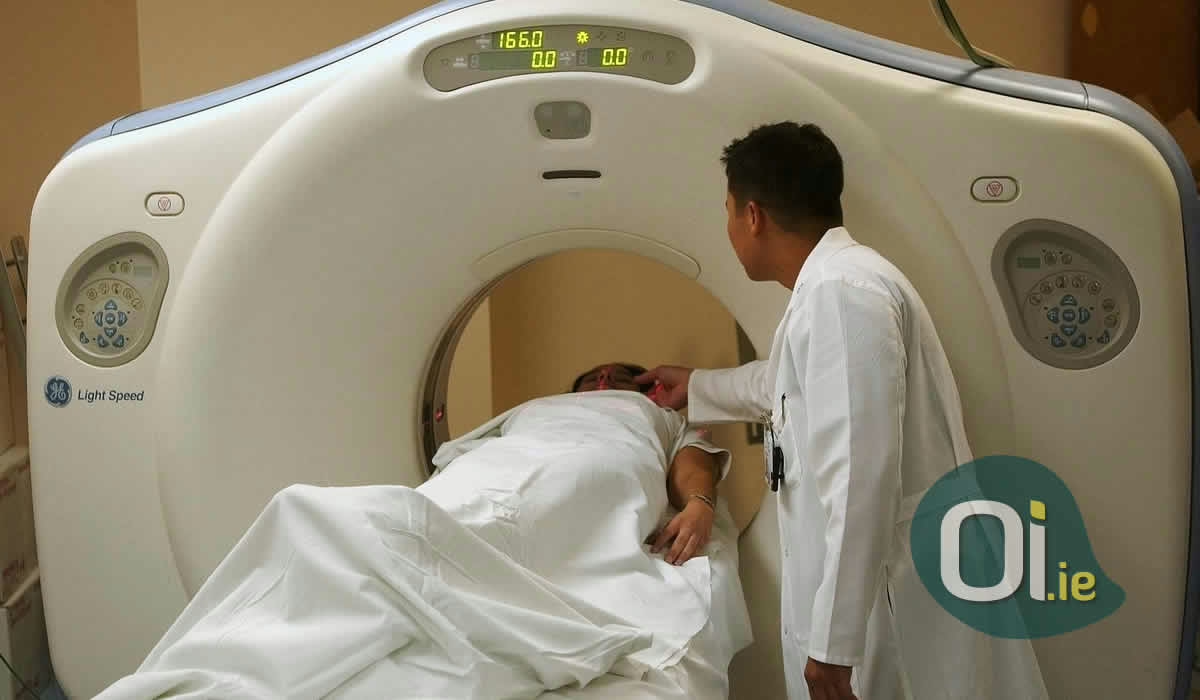The Irish government plays a crucial role in ensuring that citizens who require medical treatment not available in Ireland can receive care abroad. This is done through various state-funded schemes that cover the cost of medical procedures in other countries, particularly within the European Union (EU).
Why does Ireland send patients abroad?
Ireland sends patients abroad for medical treatment due to several reasons, including:
- Limited Specialist Availability: Some highly specialized treatments are not available in Ireland due to a lack of medical specialists or necessary facilities.
- Long Waiting Lists: Many patients face long delays for essential procedures, prompting them to seek faster treatment elsewhere.
- Capacity Constraints: Ireland’s healthcare system often struggles with hospital bed shortages and resource limitations, necessitating referrals to foreign medical institutions.
- Complex Medical Conditions: Some rare or complex medical conditions require expertise or technology that Ireland does not currently possess, leading to treatment being sought abroad.
Is it up to the parents or the patient’s families to find suitable treatments abroad, or do hospitals and medical professionals help?
Hospitals and medical professionals in Ireland play a key role in helping patients find suitable treatment abroad. In most cases:
- For the Treatment Abroad Scheme (TAS), an Irish consultant must assess the patient’s condition and determine if treatment abroad is necessary. They then refer the patient to a specialist or hospital outside Ireland that can provide the required care.
- For the Cross-Border Healthcare Directive (CBD), while patients have more autonomy in choosing where to receive treatment, they often seek advice from their healthcare provider or the HSE to ensure the chosen facility meets the necessary medical standards.
- For Children’s Medical Care Overseas, hospitals and consultants actively coordinate with international medical centers to arrange treatment, ensuring continuity of care and specialist intervention.
While families may conduct their own research, they typically receive significant assistance from medical professionals in identifying suitable hospitals, obtaining referrals, and navigating the application process for funding and travel support.
What scheme or programmes are available?
There are different schemes available for those seeking medical treatment. These include the below:
Cross-Border Healthcare Directive (CBD)
The Cross-Border Healthcare Directive allows Irish patients to access healthcare services in another EU country and claim reimbursement from the Health Service Executive (HSE). This directive enables patients to bypass long waiting lists and seek timely medical intervention. However, patients must initially pay for the treatment themselves before applying for reimbursement.
- https://www2.hse.ie/services/cross-border-healthcare-directive/
Treatment Abroad Scheme (TAS)
The Treatment Abroad Scheme (TAS) is a state-funded initiative that permits Irish patients to travel outside the country for necessary medical care. Unlike the CBD, TAS covers the full cost of treatment and related travel expenses upfront, provided the treatment is not available in Ireland. A consultant in Ireland must assess and refer the patient for this scheme, ensuring that only essential cases qualify.
- https://www2.hse.ie/services/treatment-abroad-scheme/
Children’s Medical Care Overseas
The Irish government also funds specialized medical care for children who require complex procedures unavailable in Ireland. For instance, children needing spinal surgeries, organ transplants, or rare disease treatments are sometimes sent to countries such as the UK or the United States for advanced medical care. Recent reports indicate that more Irish children are being sent abroad for spinal surgeries due to capacity issues in Ireland’s healthcare system.
Challenges and Controversies
While these schemes provide life-saving treatment for many, they are not without challenges. The reimbursement model under the CBD places a financial burden on families who must pay upfront and wait for refunds. Additionally, increasing numbers of patients seeking treatment abroad highlight ongoing issues within Ireland’s healthcare system, particularly regarding long waiting lists and specialist shortages.
Are these schemes only available to Irish citizens?
No, these schemes are not strictly limited to Irish citizens.
- The Cross-Border Healthcare Directive (CBD) is available to anyone who is ordinarily resident in Ireland and entitled to public healthcare under the HSE. This includes EU/EEA citizens residing in Ireland and for
- The Treatment Abroad Scheme (TAS) is also available to people who are ordinarily resident in Ireland and have access to public healthcare, regardless of nationality. A consultant in Ireland must determine the necessity of treatment abroad.
Stamp 4 holders are generally not automatically entitled to free public healthcare in Ireland, however, they may qualify for certain free or subsidized services depending on their circumstances. This is generally the same as Irish citizens, given medial cards and free doctors visits are also subject to means testing.
Can a patient in Ireland seek medical assistance in brazil, under one of the schemes?
No, under the current schemes, a patient in Ireland cannot seek medical assistance in Brazil unless there are exceptional circumstances.
- The Cross-Border Healthcare Directive (CBD) only applies to treatment within the European Economic Area (EEA), which excludes Brazil.
- The Treatment Abroad Scheme (TAS) generally covers treatment outside of Ireland, but it is usually limited to the EU, the UK, and other specific cases where Ireland has established medical agreements (e.g., the United States for certain pediatric treatments). Approval for treatment in Brazil would be highly unusual and would require exceptional justification from an Irish consultant.
Conclusion
State-funded medical treatment abroad remains an essential lifeline for Irish citizens who cannot receive adequate care domestically. While these schemes provide critical healthcare access, continued investment in Ireland’s medical infrastructure is necessary to reduce reliance on overseas treatments.

